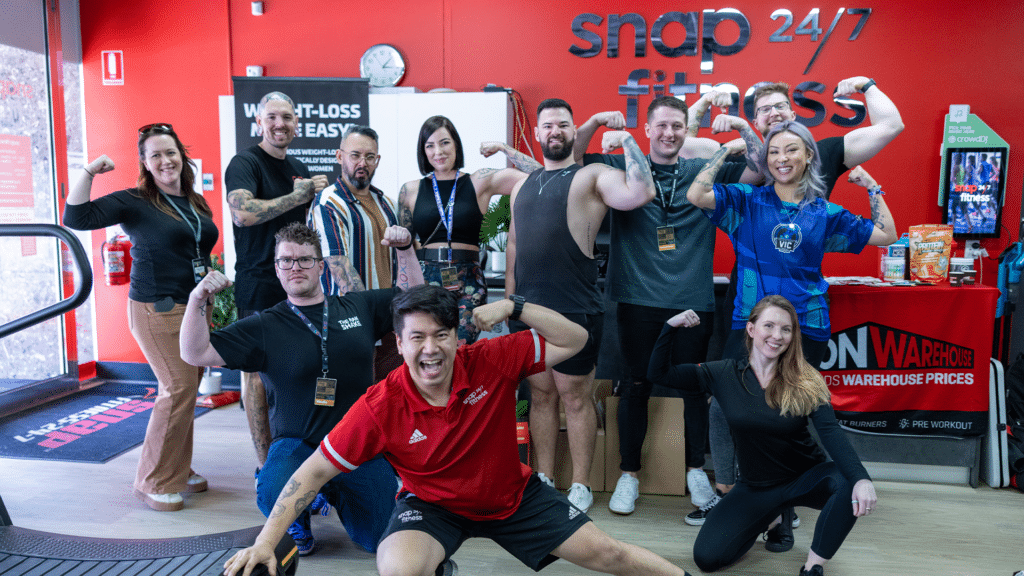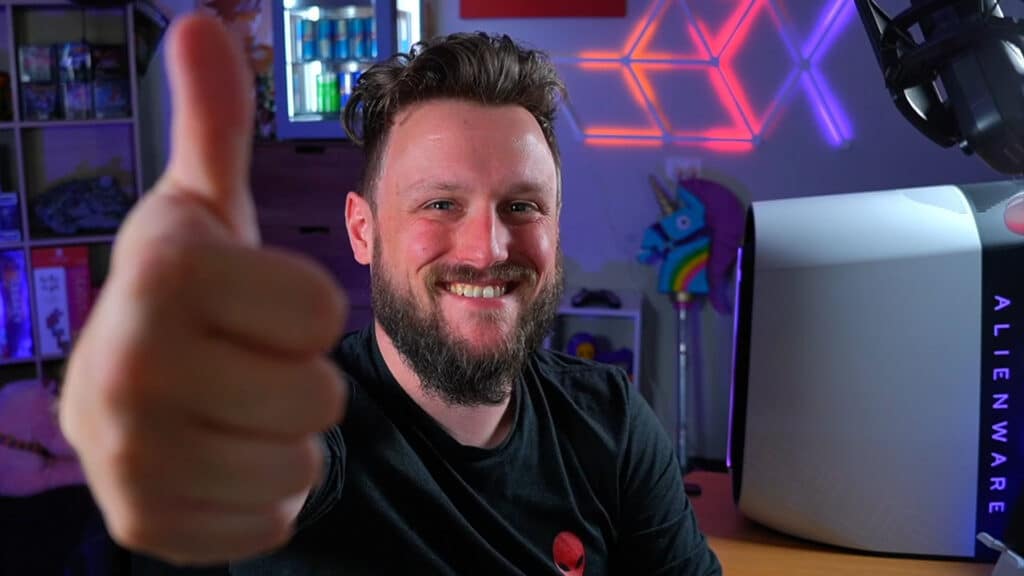This post is originally published on Domestic violence and prevention Queensland.
Chances are someone you know – your neighbour, co-worker, friend, sister or mother is a victim of domestic and family violence. The following are some signs that might alert you that someone you know may be affected by domestic and family violence:
- She may have bruises or injuries or she has frequent “accidents” for which she gives vague explanations. These “accidents” sometimes cause her to miss work.
- Her partner controls her activities, the family’s finances, the way she dresses or her contact with friends and family.
- She frequently cancels plans at the last minute or seems afraid of making her partner angry.
- Her partner ridicules her publicly or you sense volatility in his comments.
- Her partner seems overly attentive, remains constantly by her side or is watchful about who she talks to.
- You notice changes in her or her children’s behaviour. She appears frightened or exhausted.
Perhaps you feel her problem will “work itself out”. Not so, domestic and family violence doesn’t usually end unless action is taken to stop it. But it can be hard to know what to do. People are often reluctant to discuss something so intimate and they’re afraid of intruding.
Some common beliefs that stop people offering to help
I shouldn’t get involved in a private family matter.
Domestic violence is not just a family problem. It is a crime with serious repercussions for your friend, her children and the entire community.
She must be doing something to provoke his violence.
Problems exist in many relationships but using violence to resolve them is never acceptable.
If it was really bad, wouldn’t she just leave?
For most people, the decision to end a relationship is not easy. Leaving a violent relationship is even harder. A woman’s emotional ties to her partner may be strong, giving her hope that the violence will end. She may be financially dependent and on leaving she will likely face severe economic hardship. She may not know about resources or social and justice systems may have been unhelpful to her in the past.
Doesn’t she care about what’s happening to her children?
Your friend is probably doing her best to protect her children from violence. She may feel that the abuse is directed only at her and doesn’t yet realize its effects on the children. She may believe her children need a father or she may lack the resources to support them on her own. The children may beg her to stay not wanting to leave their home or friends. She may fear that if she leaves she will lose custody of her children.
I know him and I really don’t think he could hurt anyone.
Many abusers are not violent in other relationships. They appear to be very charming and likeable in social situations whilst at the same time they can be extremely violent towards their partner in the privacy of their homes. This is often one of the barriers preventing many women from leaving as he isn’t like it all the time or to other people. They may fear if they disclose the abuse to others that they won’t be believed because he does appear to be such a nice guy. Abusers often use this against her telling her ‘Nobody will believe you’. Abusers can come across as great guys to other people. Just because you’ve never seen him behave abusively, don’t assume he doesn’t.
How can she still care for someone who abuses her?
Chances are the man is not abusive all the time. He may actually show remorse for his violence, promising that he will change. Your friend understandably hopes for such changes. Their relationship probably involves good times, bad times and in-between times.
If she wanted my help she’d ask for it.
Your friend may not want to confide in you, feeling you may not understand her situation. She may even be ashamed of what’s happening and that may make her seem aloof. Talk to her about abuse in a general way. Tell her you’re concerned about women who are abused and that you do not blame women for the violence.
If you or someone you know needs help
Try these websites for advice and information:
- Australia: White Ribbon – https://www.whiteribbon.org.au/find-help/domestic-violence-hotlines/
- New Zealand: It’s not OK website – http://www.areyouok.org.nz/i-need-help/
And if you see an incident happening please dial 000 in Australia or 111 in New Zealand for police intervention.
This post is originally published on Domestic violence and prevention Queensland: http://www.domesticviolence.com.au/pages/domestic-violence-statistics.php




